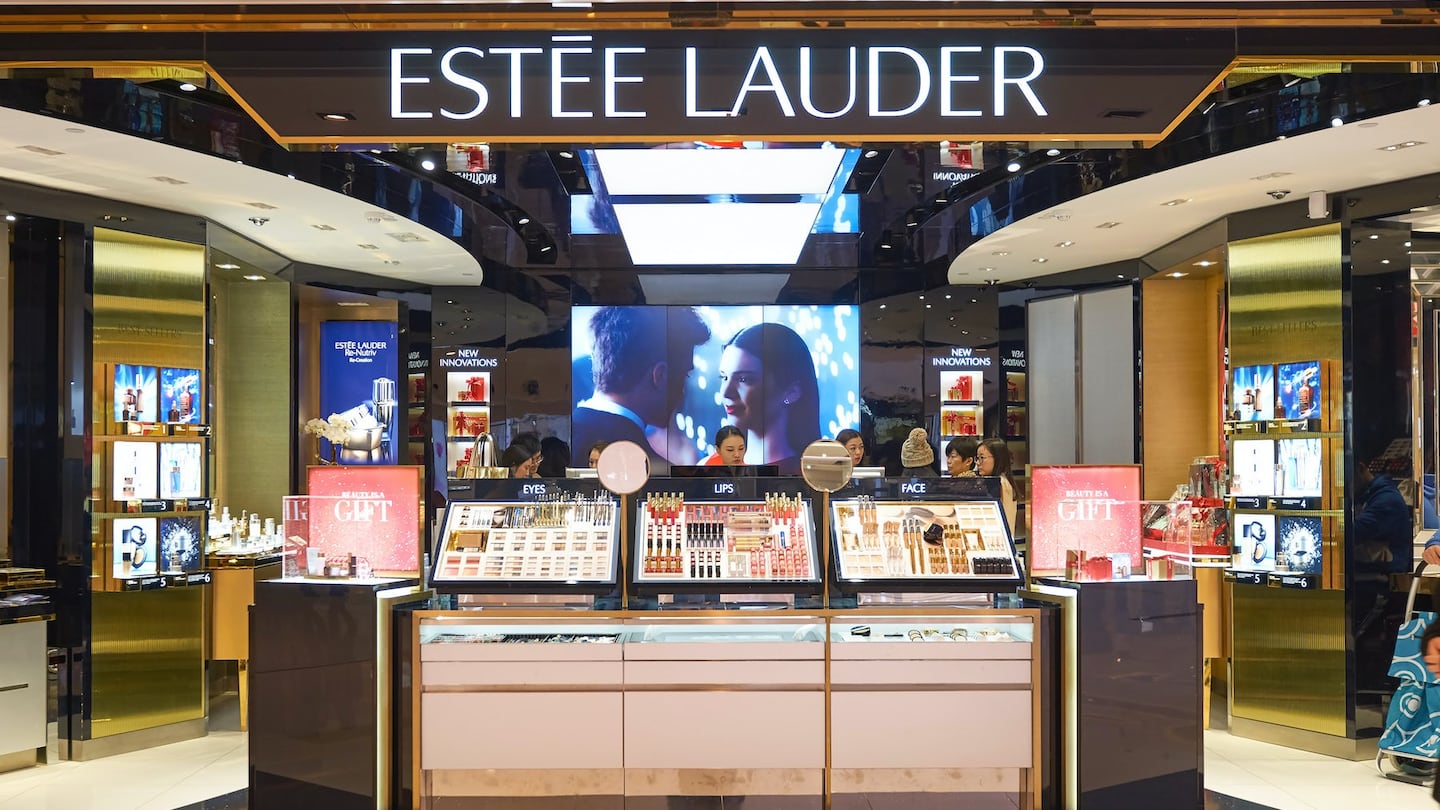
The Business of Fashion
Agenda-setting intelligence, analysis and advice for the global fashion community.

Agenda-setting intelligence, analysis and advice for the global fashion community.

NEW YORK, United States — Estée Lauder Companies Inc., one of the world's largest cosmetics firms, is being sued by federal regulators for discriminating against men.
The company’s parental leave policy allows new fathers to take two weeks of paid leave for “child bonding”, while new mothers get six weeks, according to a lawsuit filed Wednesday with the US Equal Employment Opportunities Commission.
The EEOC claims the practice violates the Civil Rights Act of 1964 and the Equal Pay Act of 1963.
Estée Lauder hasn’t responded to the lawsuit and wouldn’t comment for this story. Women make up 84 percent of the company’s global workforce.
ADVERTISEMENT
“It is wonderful when employers provide paid parental leave and flexible work arrangements, but federal law requires equal pay, including benefits, for equal work, and that applies to men as well as women,” Mindy Weinstein, acting director of EEOC’s Washington Field Office, said in a statement.
The case could have implications for the relatively small percentage of companies that offer paid parental leave, where women on average are given more time off to care for newborns than men, according to a study from the Society for Human Resource Management.
New mothers receive on average 41 paid days of maternity leave, compared with 22 paid days for fathers, the study found. Even where the policies are generous by US standards, men still often get less. At Google, for example, birth mothers get 18 weeks and all non-birth parents, including fathers, receive 12 weeks.
The lawsuit was filed the same week that the EEOC said it wouldn’t make companies report their gender-pay gaps, reversing an Obama-era push to increase pay transparency scheduled to start in 2018. In announcing the lawsuit, the EEOC said highlighting sex-based pay discrimination, including paid leave, is a "priority issue."
The US is the only country among 41 developed nations where new parents aren’t entitled to paid leave, according to data compiled by the Organization for Economic Cooperation and Development. Ivanka Trump made it a focus during her father’s presidential campaign and President Trump included mandatory leave in his first budget, but Congress hasn’t yet taken any action.
Among workers in private industry, 87 percent didn’t have access to paid parental leave in 2016, little changed from two years earlier, according to US Bureau of Labor Statistics. Some big-name corporations, particularly in the technology sector, have expanded paid leave for new parents as they face increased competition for talent.
States such as California, New Jersey and Rhode Island have offered mandatory paid level to its residents, in the absence of a federal law. New York’s paid family leave program starts in January.
By Jordyn Holman, with assistance from Claire Suddath; editors: Janet Paskin, Andrew Martin.
From analysis of the global fashion and beauty industries to career and personal advice, BoF’s founder and CEO, Imran Amed, will be answering your questions on Sunday, February 18, 2024 during London Fashion Week.
The State of Fashion 2024 breaks down the 10 themes that will define the industry in the year ahead.
Imran Amed reviews the most important fashion stories of the year and shares his predictions on what this means for the industry in 2024.
After three days of inspiring talks, guests closed out BoF’s gathering for big thinkers with a black tie gala followed by an intimate performance from Rita Ora — guest starring Billy Porter.